What kind of food packaging can HIPS plastic rolls be used for?
Application of HIPS plastic roll
High Impact Polystyrene (HIPS) plastic rolls are commonly used in food packaging due to their versatility, durability, and cost-effectiveness. They are widely employed for various types of food packaging applications, including:
Clamshell containers: HIPS rolls can be thermoformed into clamshell containers commonly used for packaging items like fruits, salads, sandwiches, baked goods, and deli products. These containers provide excellent protection and visibility for the contents.
Trays and inserts: HIPS rolls are suitable for forming trays and inserts used for packaging items such as meat, poultry, seafood, and produce. These trays and inserts help organize and protect the products during transportation and display.
Cups and lids: HIPS plastic rolls can be thermoformed into cups and lids for packaging beverages, yogurt, desserts, sauces, and dips. These cups and lids provide convenience for consumers and ensure the freshness and safety of the contents.
Blister packaging: HIPS rolls are used for creating blister packaging, which involves forming a cavity or pocket to hold individual items such as pills, candies, or small food items. Blister packaging provides protection, visibility, and tamper resistance for the products.
Disposable cutlery and utensils: HIPS plastic rolls can be molded into disposable cutlery and utensils like spoons, forks, and knives. These utensils are commonly used in fast-food restaurants, cafeterias, and takeout establishments.
Bakery packaging: HIPS rolls can be formed into trays and containers for packaging bakery items such as cakes, pastries, cookies, and muffins. These containers help preserve the freshness and appearance of baked goods.
Microwaveable packaging: HIPS plastic is microwave-safe, making it suitable for packaging microwaveable food products. Containers made from HIPS rolls can withstand the heat generated in microwave ovens without deforming or releasing harmful chemicals.
Sushi trays: HIPS rolls are often used for packaging sushi trays, providing a convenient and hygienic way to serve and transport sushi rolls and sashimi.
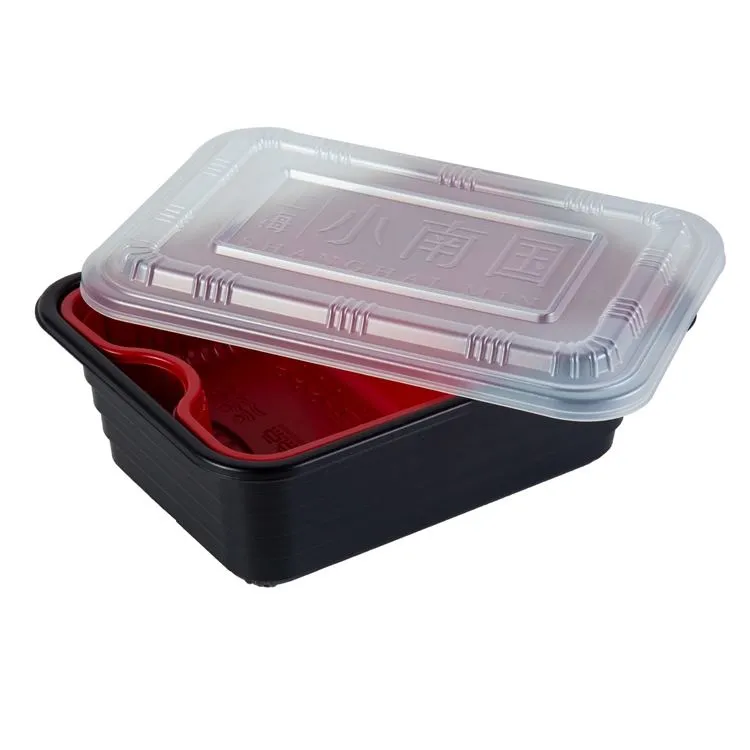
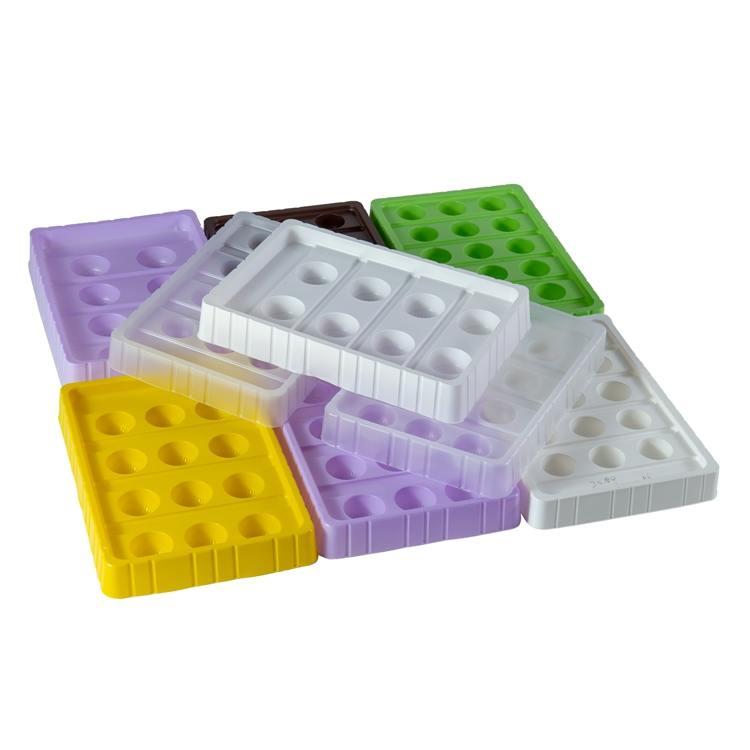
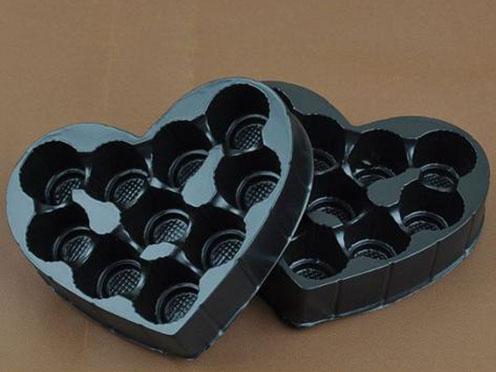
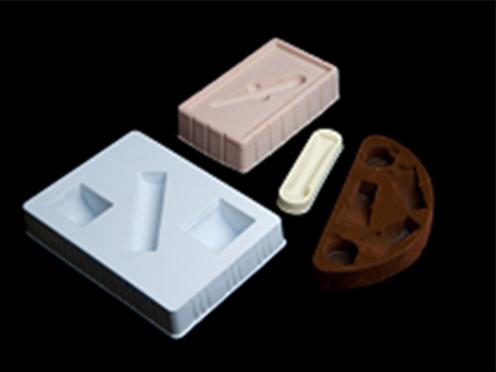
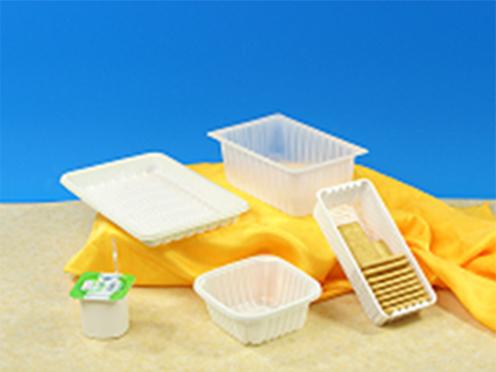
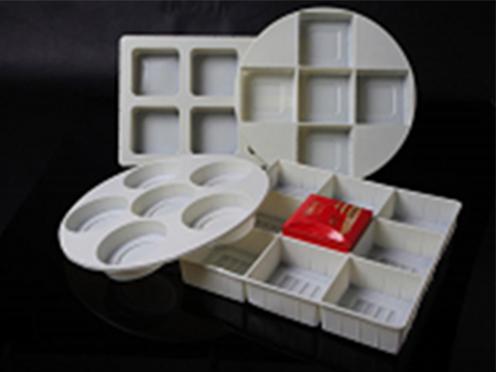
HIPS plastic rolls offer a wide range of options for food packaging due to their versatility, affordability, and compatibility with various manufacturing processes. However, it’s essential to ensure that the packaging meets relevant safety and regulatory standards for food contact materials.
Brief of HIPS plastic roll
High Impact Polystyrene (HIPS) is a type of thermoplastic polymer known for its toughness, versatility, and affordability. HIPS plastic rolls are manufactured through extrusion processes and are commonly used in various packaging applications.
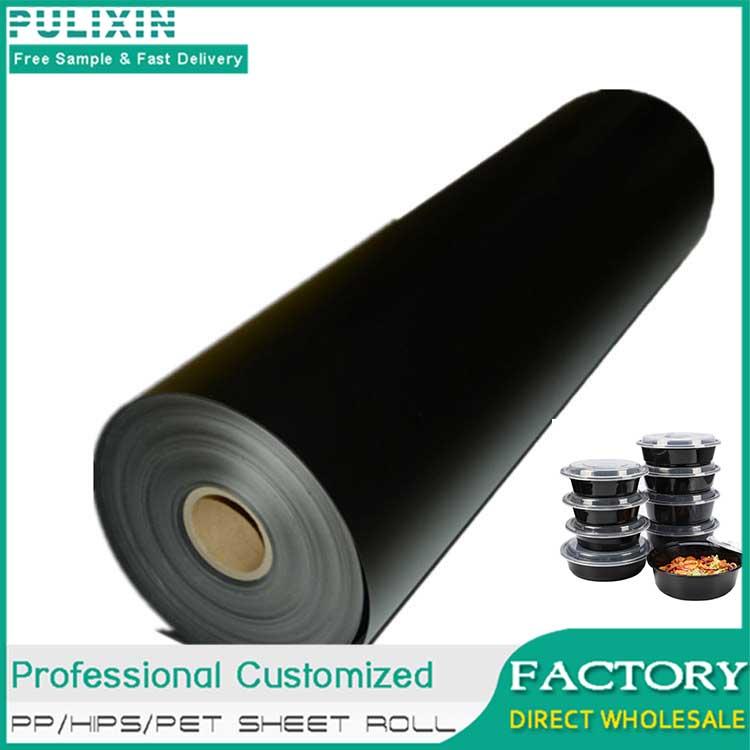
Here’s a brief overview of HIPS plastic rolls:
Composition
HIPS is a polymer derived from the polymerization of styrene monomer. It is typically composed of styrene polymer chains with dispersed rubber particles, which contribute to its toughness and impact resistance.
Properties
High Impact Resistance: HIPS plastic rolls exhibit excellent resistance to impact and mechanical stress, making them suitable for applications requiring durability and protection.
Versatility: HIPS plastic rolls can be easily thermoformed, vacuum-formed, or fabricated into different shapes and sizes, allowing for a wide range of packaging solutions.
Cost-Effectiveness: HIPS plastic is relatively inexpensive compared to other plastics, making it a cost-effective choice for packaging applications, especially for high-volume production runs.
Advantages of HIPS plastic roll
1. Impact Resistance: As the name suggests, HIPS plastic roll is known for its high impact resistance. It can withstand rough handling and transportation without breaking or shattering, making it ideal for packaging applications where protection of the contents is crucial.
2. Versatility: HIPS plastic rolls are highly versatile and can be easily thermoformed, vacuum-formed, or fabricated into different shapes and sizes. This versatility allows for the production of a wide range of packaging solutions tailored to specific product requirements.
3. Cost-Effectiveness: HIPS plastic roll is relatively inexpensive compared to other plastics, making it a cost-effective choice for packaging applications, especially for high-volume production runs. Its affordability makes it an attractive option for manufacturers looking to reduce production costs without compromising quality.
4. Chemical Resistance: HIPS plastic roll has good chemical resistance, making it suitable for packaging a wide range of products, including food, cosmetics, pharmaceuticals, and household chemicals. It can withstand exposure to oils, greases, acids, and alkalis without degrading or leaching harmful substances into the contents.
5. Recyclability: HIPS plastic roll is recyclable, contributing to sustainability efforts in the packaging industry. Recycled HIPS can be reprocessed and used to manufacture new products, reducing the consumption of virgin materials and minimizing environmental impact.
6. Lightweight: HIPS plastic roll is lightweight, which helps reduce transportation costs and energy consumption associated with handling and shipping. It also makes the packaging easier to handle for consumers, enhancing convenience.
7. Food Safety: HIPS plastic roll is approved for food contact applications by regulatory agencies such as the FDA (U.S. Food and Drug Administration) and EFSA (European Food Safety Authority), ensuring that it meets stringent safety standards for packaging food products.
Relative News
- What Are the Different Types of Polypropylene She…
- Why choose PS plastic sheet for perfume bottle pa…
- The 37th China International Plastics and Rubber …
- Review of the first day of the 2025 Chinaplas exh…
- Application and unique advantages of light blocki…
- PULIXIN sincerely invites you to visit 2025Chinap…
- Today’s shipment – 20 tons of anti-fr…
- Customer Case: Successful Application of Anti-fre…
- How does the impact resistance of HIPS plastic sh…
- How to choose the appropriate HIPS sheet thicknes…
